-
Winter Camp
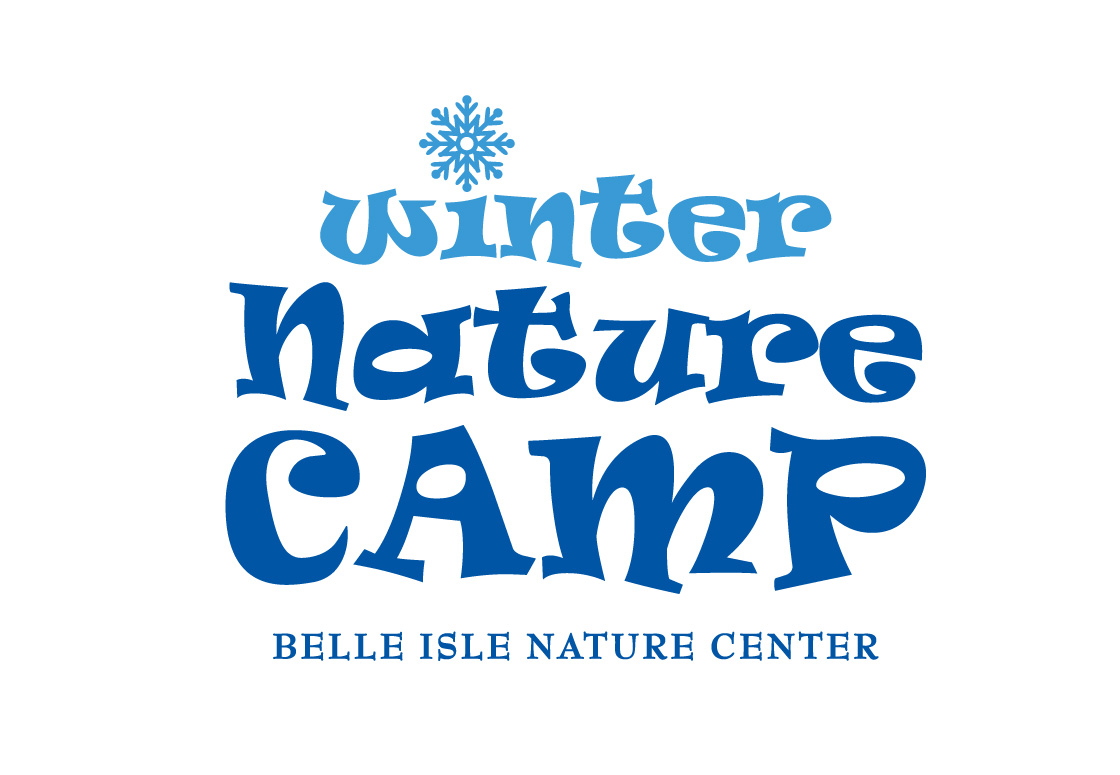
Winter Nature Camp at the Belle Isle Nature Center is a four-day camp experience designed for children ages 5 to 12 to better understand and explore winter wildlife. Campers will participate in nature play and animal tracking, observe how animals adapt to cold weather and experiment with water and ice. Activities will be hosted both outdoors and inside the newly renovated Nature Center.
When a camp is full, it will be removed from the registration page.
Ages 5-6: Chipmunk Camp
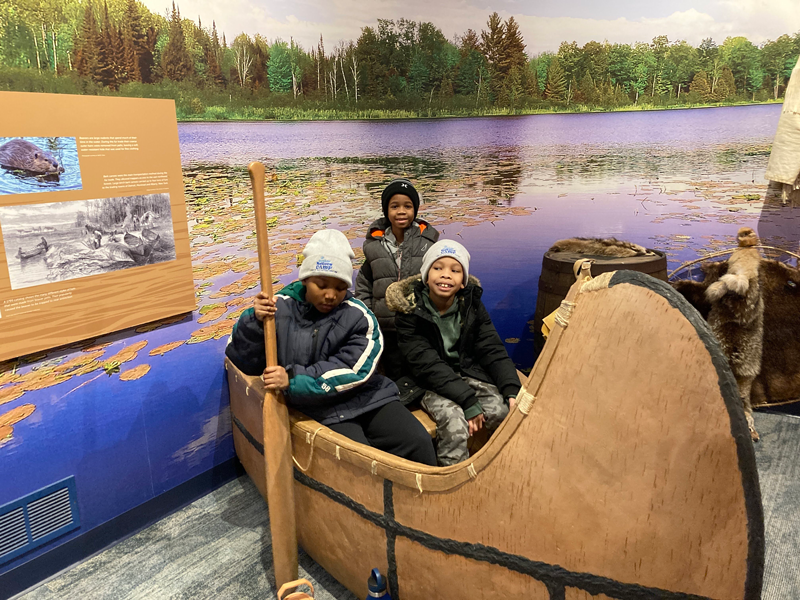
Participants in Chipmunk Camp will begin their exploration of the winter world through nature play. They will have the chance to make new friends, learn how animals adapt to the cold and play outside in a supportive and safe social environment. There will be plenty of time to warm up inside before camp heads back out for more winter fun!
Chipmunk campers must be 5 or 6 years old on the first day of camp.Ages 7-9: Mink Camp
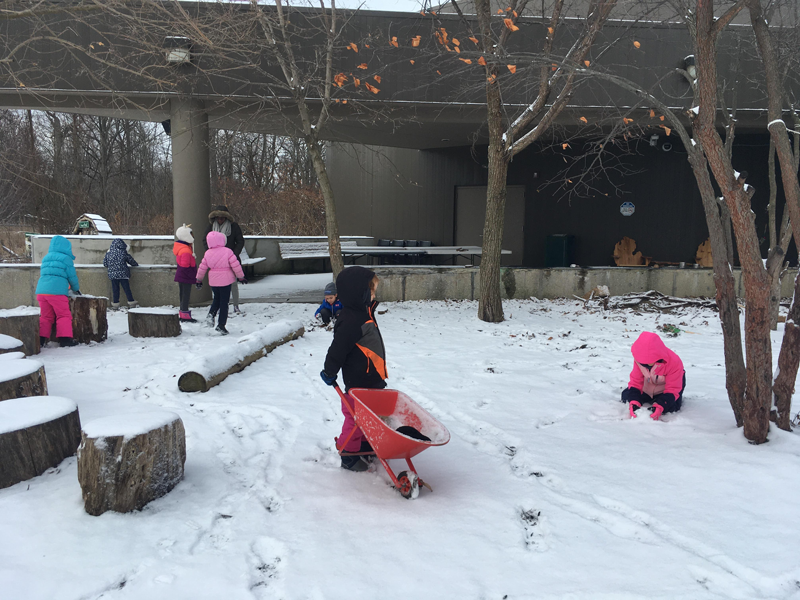
Mink Camp participants will engage in outdoor exploration and recreation as they experience winter on Belle Isle. Campers will use observation skills to explore what animals can be found on Belle Isle in the winter, build structures to trap heat and experiment with what happens to matter when it gets extremely cold.
Mink campers will have the chance to make new friends while experiencing the winter outdoors in a unique way.
Mink campers must be 7, 8 or 9 years old on the first day of camp.Ages 10-12: Coyote Camp
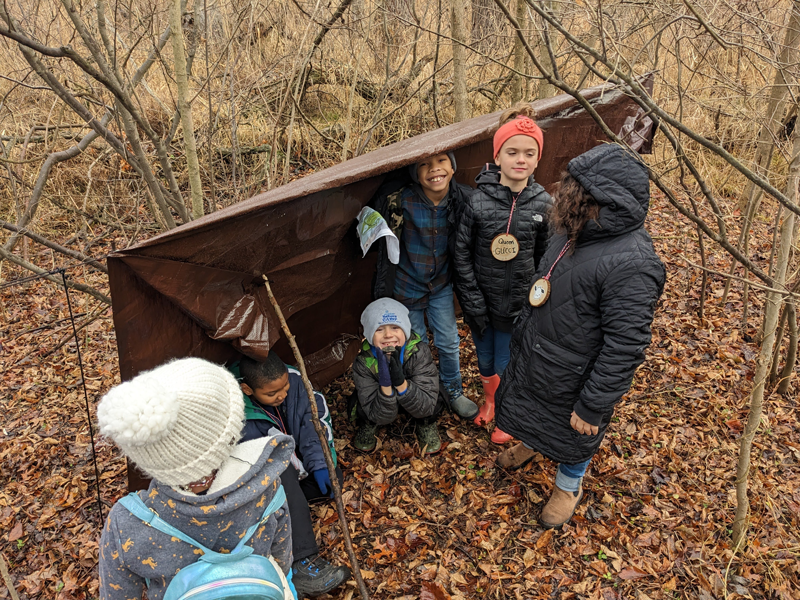
What animals thrive on Belle Isle through the winter? How do they do it? Coyote Camp focuses on the survival skills of both people and animals. As campers explore the natural world around them and winter’s unique challenges, they will learn about winter animal adaptations and develop skills identifying animal tracks and signs.
Coyote campers must be 10, 11 or 12 years old on the first day of camp.
-
Summer Camp
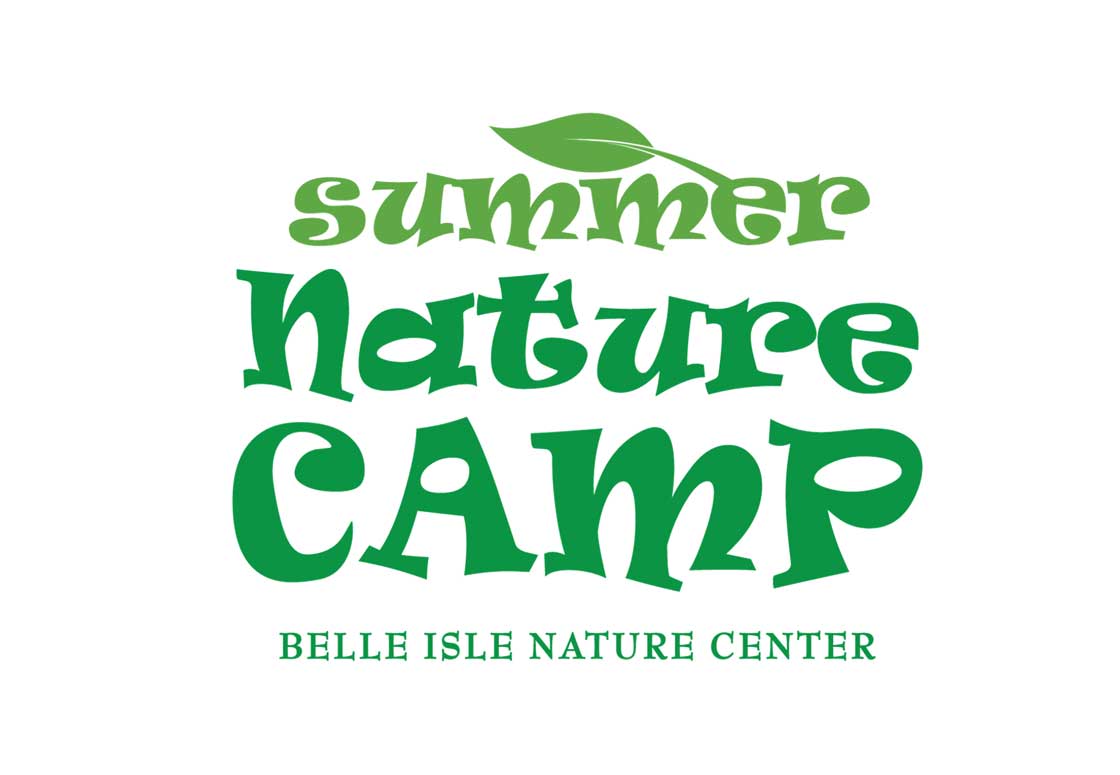
Participants in the week-long Summer Nature Camp at the Belle Isle Nature Center will examine the natural wonders and rich history of Belle Isle. Campers will investigate the plants and wildlife on the island and discover how they can care for the places in which they live.
Registration information:
Summer Nature Camp at the Belle Isle Nature Center runs from 9 a.m. until 4 p.m. on the days indicated. Camp is held at the Belle Isle Nature Center, located at 176 Lakeside Drive in Detroit. Each camper is eligible for one week of camp.
There is no cost to participate in Summer Nature Camp. Registration begins at noon Wednesday, May 1 and will be linked on this page. If a camp fills, there is a waiting list to sign up for any spots that may become available.
Please contact [email protected] with any questions.
2024 Summer Nature Camp dates
Week 1: Tuesday, June 25 – Friday, June 28 (Belle Isle is closed for fireworks Monday June 24)
Week 2: July 1 – July 5
Week 3: July 8 – July 12
Week 4: July 15 – July 19
Week 5: July 22 – July 26
Week 6: July 29 – Aug. 2
Week 7: Aug. 5 – Aug. 9
Week 8: Aug. 12 – Aug. 16Grasshopper Camp (children 5 to 6 years of age)
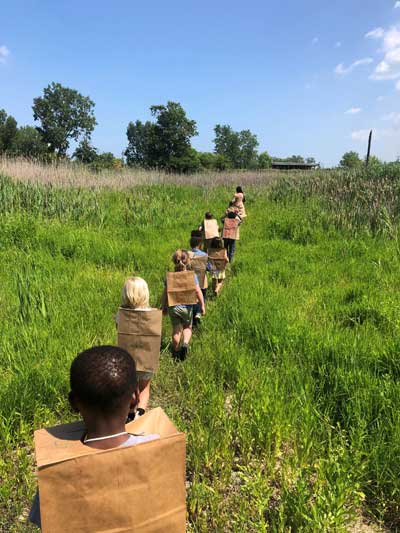
Grasshopper Camp will encourage children to explore nature using their senses. They will investigate, observe and engage with the world around them and have fun with new friends in nature. Campers will become more comfortable outdoors as they build their knowledge of the natural world.Monarch Camp (children 7 to 9 years of age)
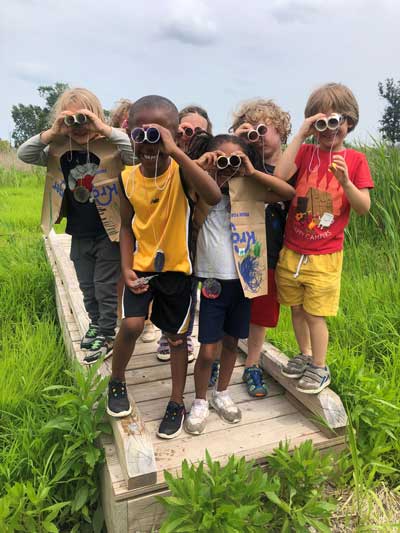
Children who attend Monarch Camp will extend their knowledge of Belle Isle by venturing further into the wild. Monarch campers will discover new friends and wild wonders as they explore the animals and attractions of the island. Campers will be challenged to apply their new knowledge and experiences by sharing what they’ve learned about the island.Dragonfly Camp (children 10 to 12 years of age)

Dragonfly Camp will allow children ages 10 to 12 to build on their knowledge of the island as they consider their place in the natural world. As students make new friends and experiment with new forms of expression, they will learn about the conservation challenges plants and animals on Belle Isle face. Campers will investigate how they can become wildlife stewards by working collaboratively to share a project about their experiences.




